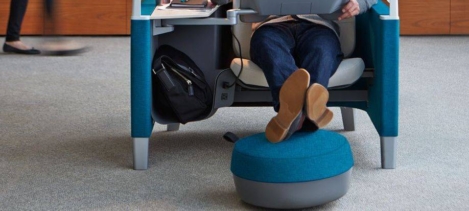June 23, 2015
Fit note scheme is not reducing long term sickness absence, claims new study
 The UK government’s fit note scheme, introduced five years ago to help people back to work from long term sickness absence, has failed to deliver its intended reductions, according to research from manufacturing and engineering trade association EEF and Jelf Employee Benefits. The study of 345 companies claims more than two-fifths (43 per cent) of employers believe the policy had not helped employees return to work, up from 35 per cent in 2010. Employers also told the survey that the quality of GP advice on fitness for work has deteriorated, which the report’s authors claim is largely down to the fact that only around one in eight GPs in the UK have been trained in specific health and work and the Government has shown no willingness to invest in more training to bring the numbers of those qualified up to the necessary levels necessary to meet its own goals.
The UK government’s fit note scheme, introduced five years ago to help people back to work from long term sickness absence, has failed to deliver its intended reductions, according to research from manufacturing and engineering trade association EEF and Jelf Employee Benefits. The study of 345 companies claims more than two-fifths (43 per cent) of employers believe the policy had not helped employees return to work, up from 35 per cent in 2010. Employers also told the survey that the quality of GP advice on fitness for work has deteriorated, which the report’s authors claim is largely down to the fact that only around one in eight GPs in the UK have been trained in specific health and work and the Government has shown no willingness to invest in more training to bring the numbers of those qualified up to the necessary levels necessary to meet its own goals.


































June 25, 2015
Long distance commuting, agile working and dinosaur extinction in the UAE
by Douglas Langmead • Cities, Comment, Flexible working, Property
(more…)